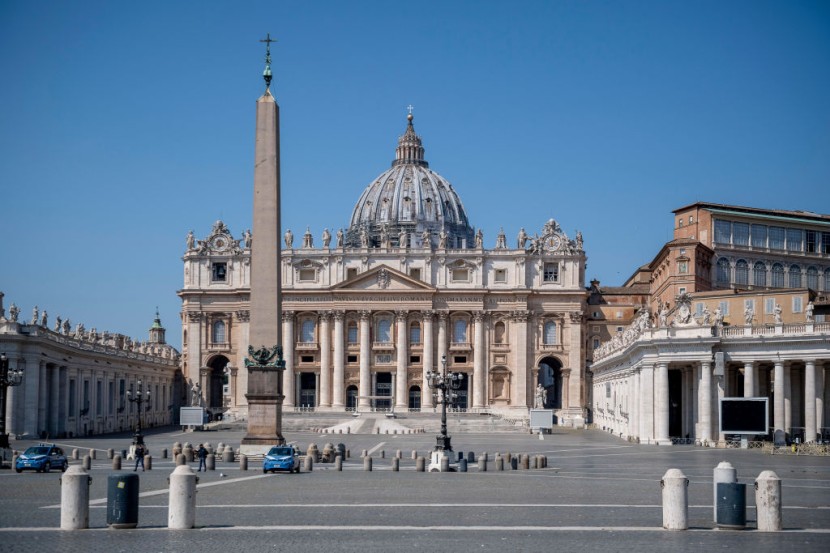
As COVID-19 vaccines are continuously being distributed, officials from the Vatican directed employees on getting the vaccine to avoid the risk of getting fired.
Vatican Threatens to Fire Employees Who Refuse to Get COVID-19 Vaccine
President of the Pontifical Commission for Vatican City State, Cardinal Giuseppe Bertello, stated in a decree that employees who would not be able to get the vaccine due to medical reasons may be transferred to minimal public-facing positions without having any cut on their pay. But, the decree of Cardinal Giuseppe Bertello also stated that individuals who do not have sufficient medical records to support the vaccination refusal will be subjected to 2011 law which states that employees 'varying degrees of consequences that could lead to dismissal' as they will fail to take the preventive measure.
The decree signed by the governor of the Vatican city-state on February 8, stated that employees who will be opting-out of vaccination without proven medical reason will be subjected to sanction up to and including employment termination.
According to CBS News, the directive also cited the need to protect each and every employee in the Vatican, especially in their workplace. The guidelines issued by Francis' advisory COVID-19 commission, also mentioned that individuals have a moral responsibility to get vaccinated given that vaccination refusal could constitute a risk for others.
However, on Thursday, the decree sparked heated debate, since its provisions go beyond the voluntary nature of COVID-19 vaccinations in Italy. Last year, Italy has erupted as one of the countries with the highest death toll among European countries aside from Britain. Even other doctors and nurses who expressed their anti-vaccine sentiments or skepticism regarding the virus have also been threatened with professional sanctions, The Hill reported.
Even himself, Bertello had tested positive with coronavirus in March and has also entered isolation for 14 days as a requirement. In addition, Pope Francis has also shared the same idea a month ago in an interview with Italian media.
During the interview, Pope Francis emphasized that it is a responsibility for the public to receive the vaccine. The pope also added it is an ethical choice because if individuals will not be vaccinated, it will be a gamble not only with their health and their lives but also with the lives of others.
The pontiff was administered with the vaccine in January as the Vatican started its campaign on the importance of vaccination. Moreover, the Vatican has also mentioned that during the trip of the Pope to Iraq in March, journalists who have received the vaccinations will be the ones who will be permitted to accompany the Pontiff, ABC 10 reported.
Based on the information from Johns Hopkins University, despite the only less than 30 cases of coronavirus in the Vatican City, Italy was considered as one of the early epicenters of the pandemic, with more than 2.75 million confirmed cases 95,540 reported deaths. The Vatican City is the smallest state in the world at108 acres and has several thousand employees which most of them live in Italy. The vaccination program of the state started last month and the 84-year-old Pope Francis was one of the first recipients of the vaccine.
RELATED ARTICLE: North Korea Attempts to Steal Pfizer COVID-19 Vaccine Data, South Korean Lawmakers Say
© 2026 HNGN, All rights reserved. Do not reproduce without permission.








